Benefits of Eating Green Leafy Vegetables
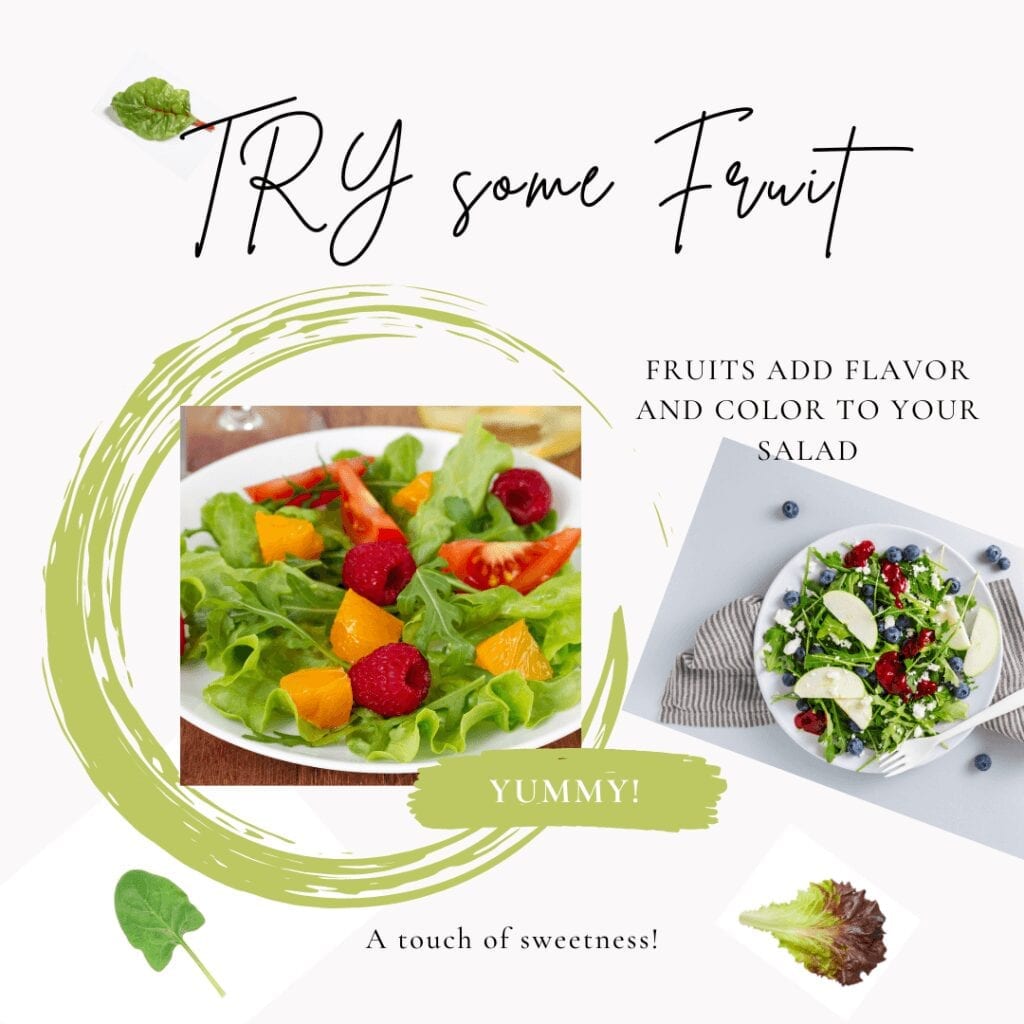
Benefits of Eating Green Leafy Vegetables
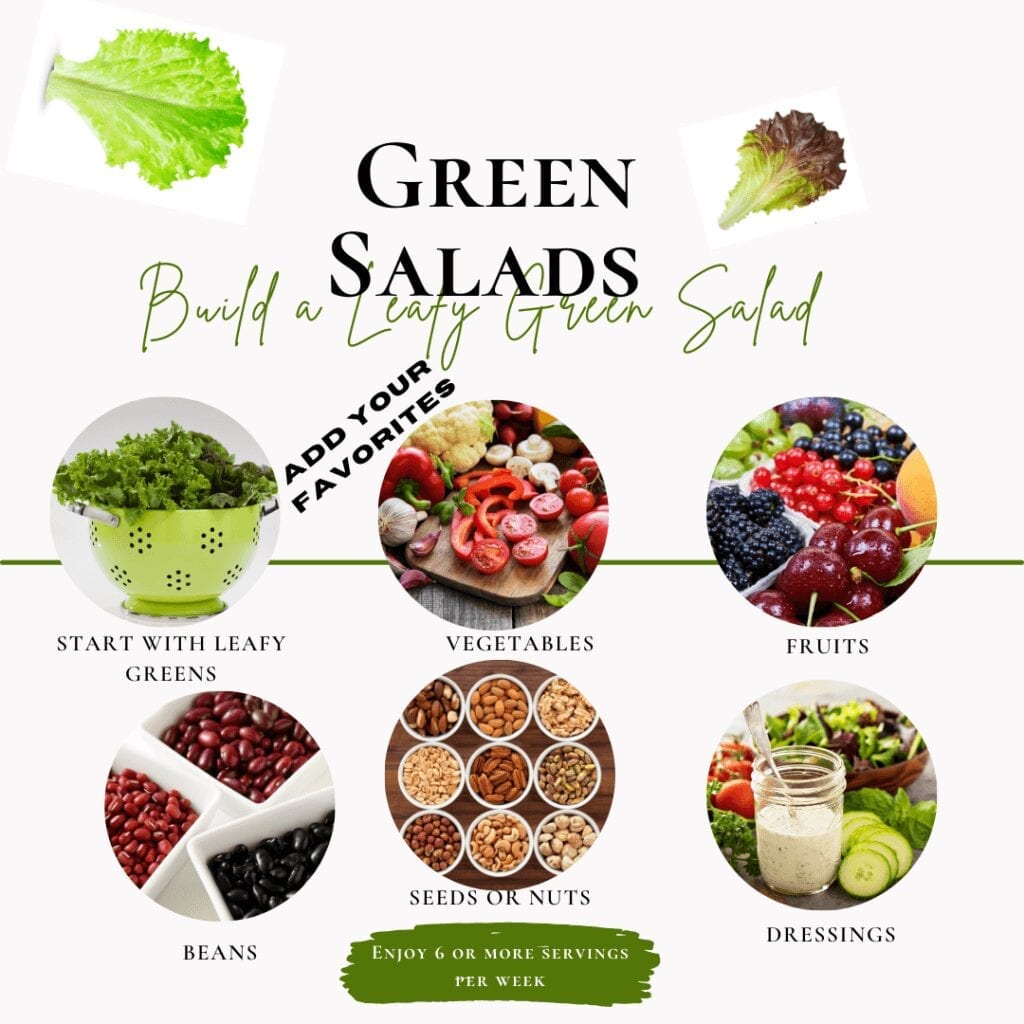

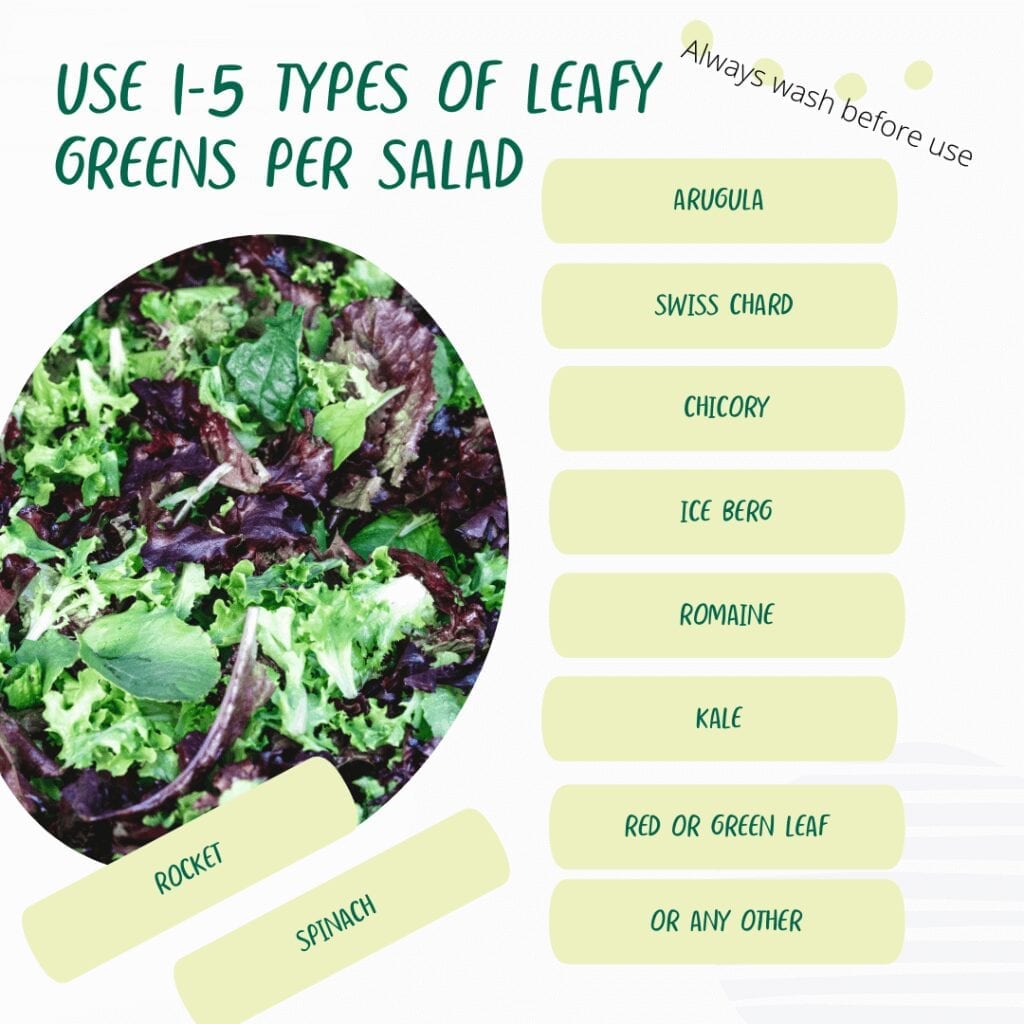

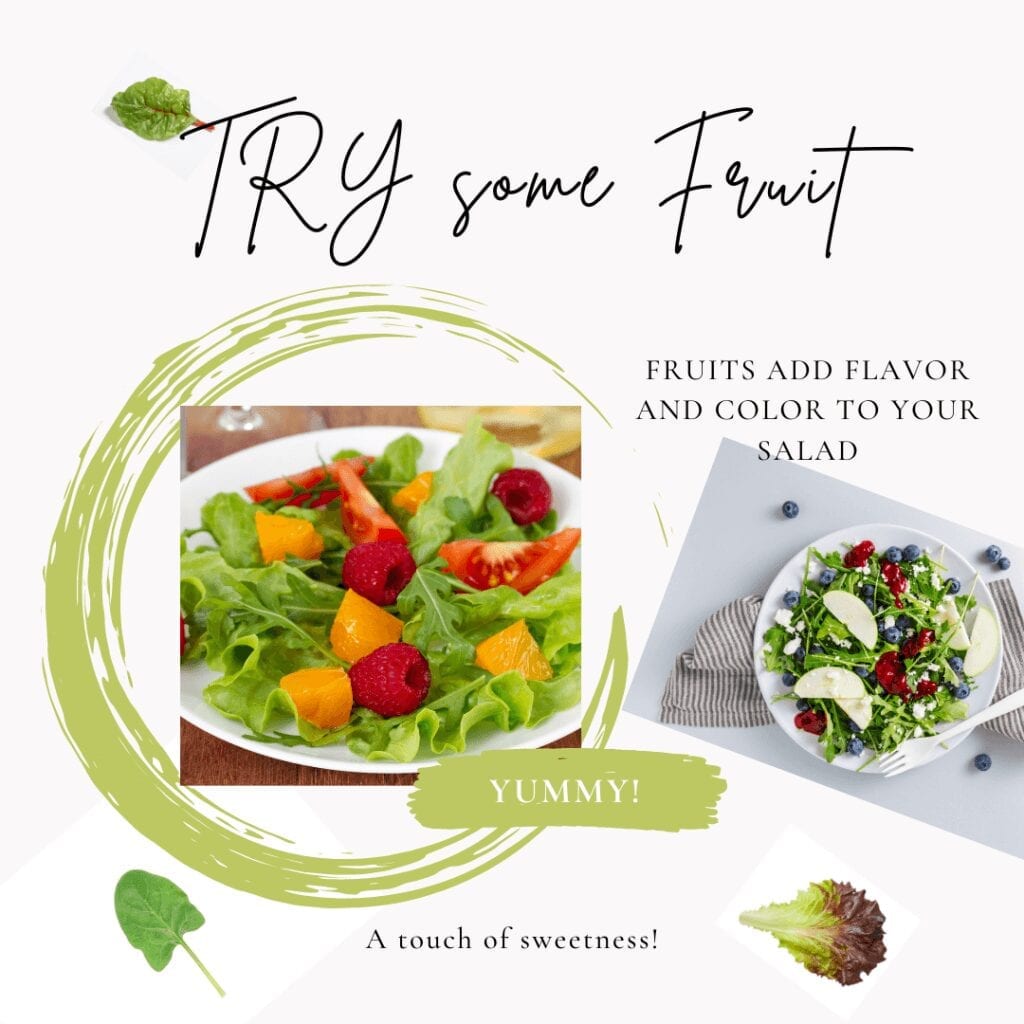
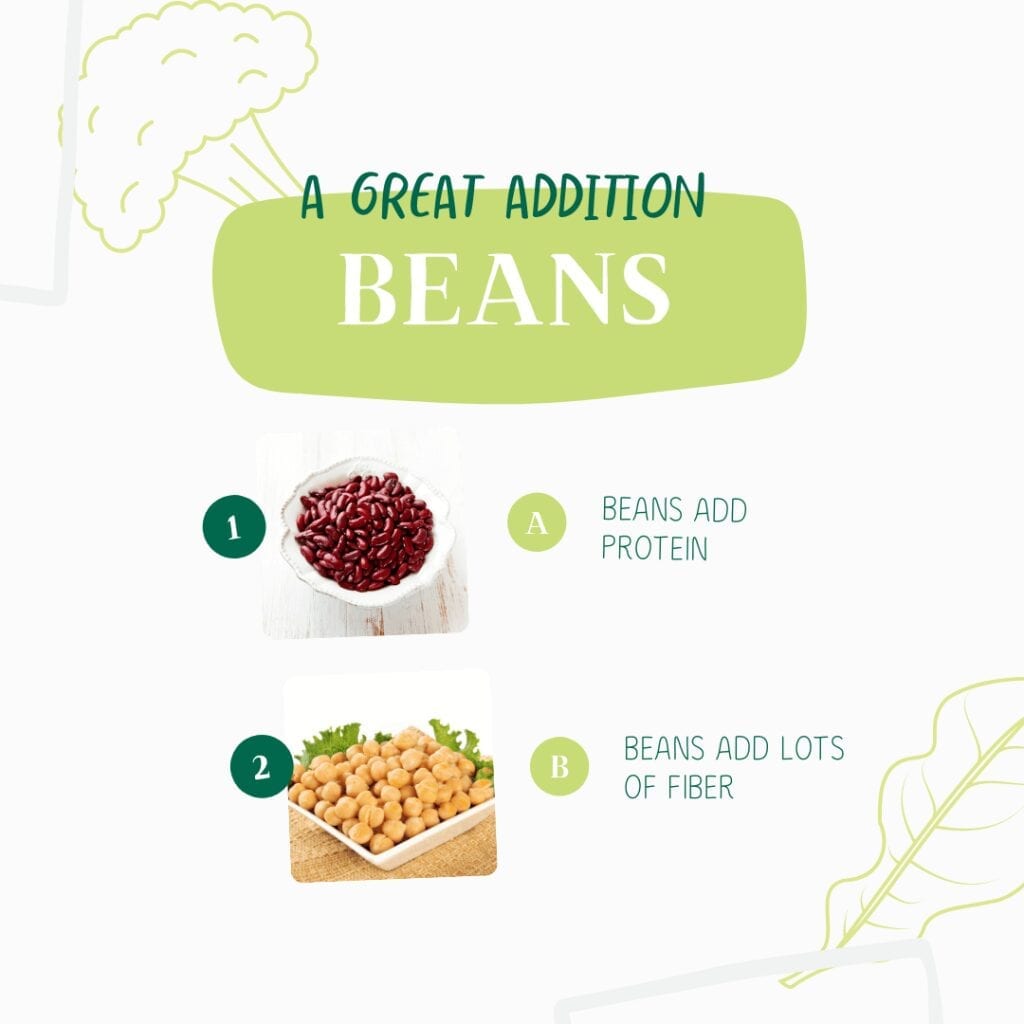






The benefits of eating green leafy vegetables are numerous. A diet with plenty of green leafy vegetables is linked to a reduced risk of heart disease, certain cancers, macular degeneration and type 2 diabetes. Nutrition can play an important role in reducing or delaying the onset of dementia and other forms of cognitive declines. The popular new MIND diet promotes eating at least 6 leafy greens a week to help keep memory sharp as a person ages. The MIND diet is a combination of the Mediterranean and DASH (Dietary Approaches to Stop Hypertension) eating patterns. The MIND diet encourages many of the plant based foods in the Mediterranean DASH diets as well as poultry and seafood.
There are a variety of ways to green leafy vegetable in the diet. Arugula, Butter (also known as Boston or Bibb), Collards, Dandelion, Endive, Iceberg, Kale, Mustard Greens, Radicchio, Red Leaf, Green Leaf, Romaine, Spinach, Swiss Chard are popular greens. Green Leafy vegetables can be prepared in a salad, added to smoothies, added to soups, used as a wrap, or added to pasta dishes. To encourage more fruits and vegetables in the diet, during meal planning emphasis can be placed on getting more nutrient dense fruits and vegetables. Many people start with planning the main entrée or protein source of the meal. By choosing the fruits and vegetables first, emphasis can be on add more fruits and vegetables into the diet.
